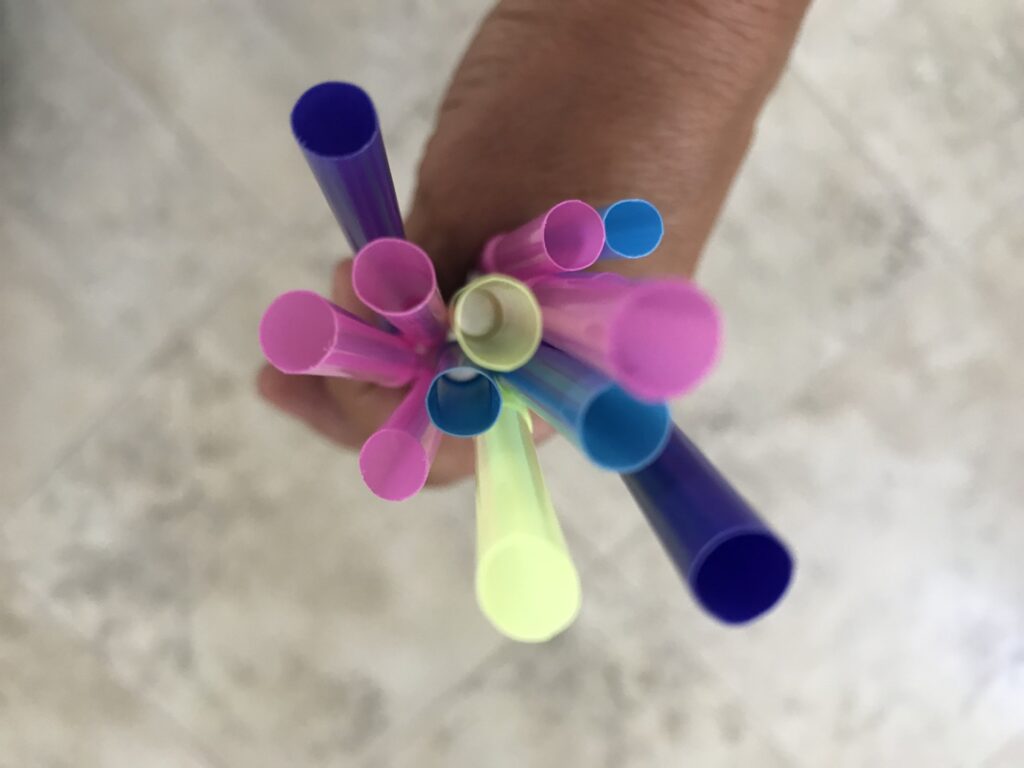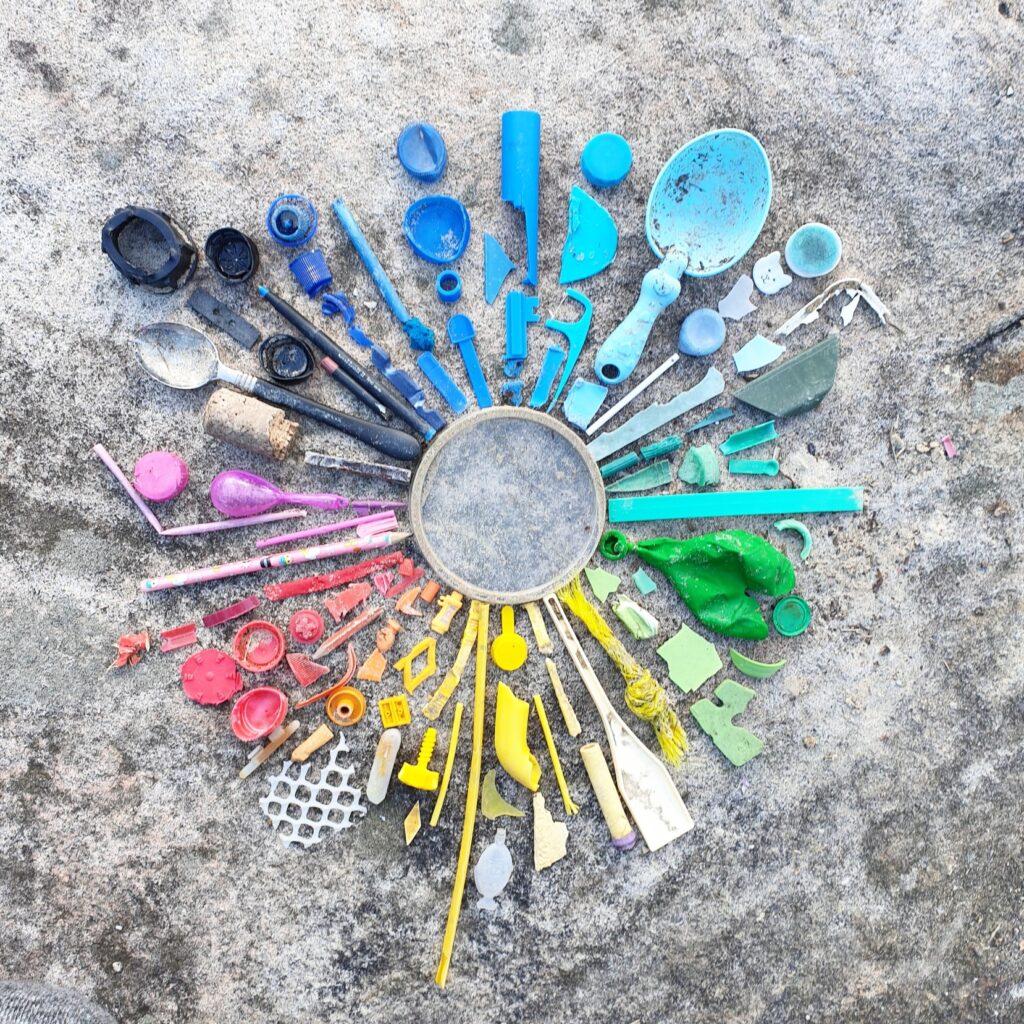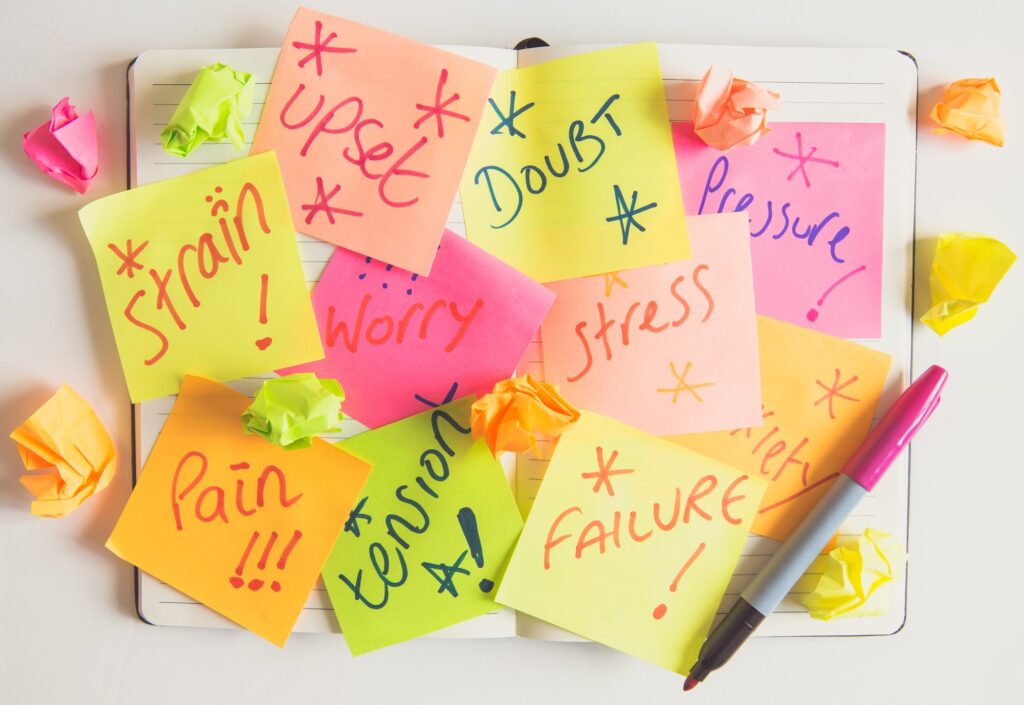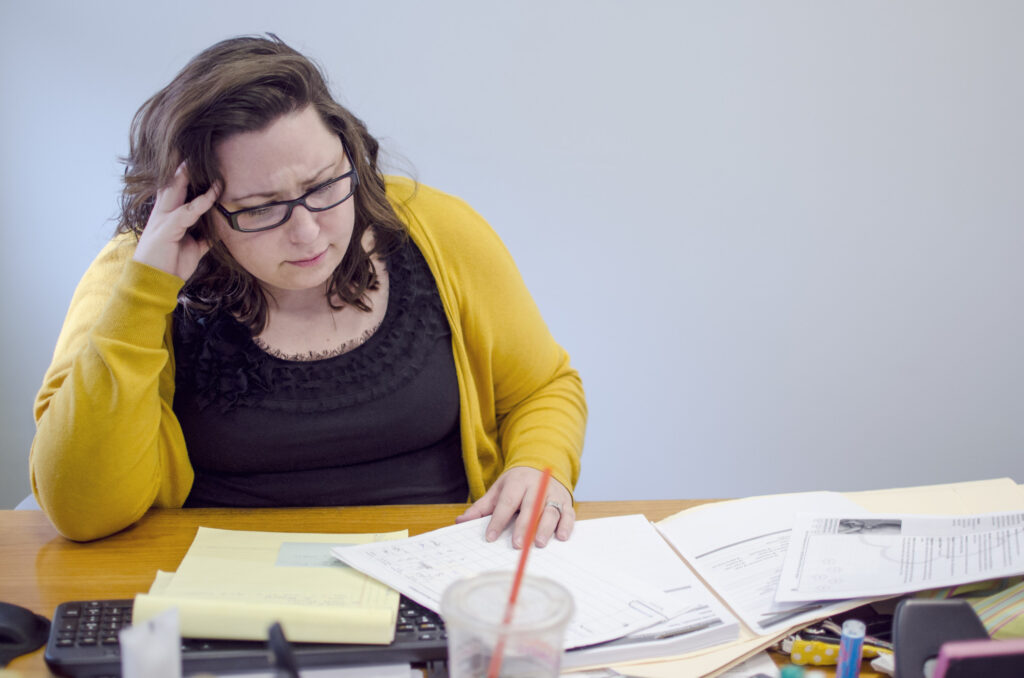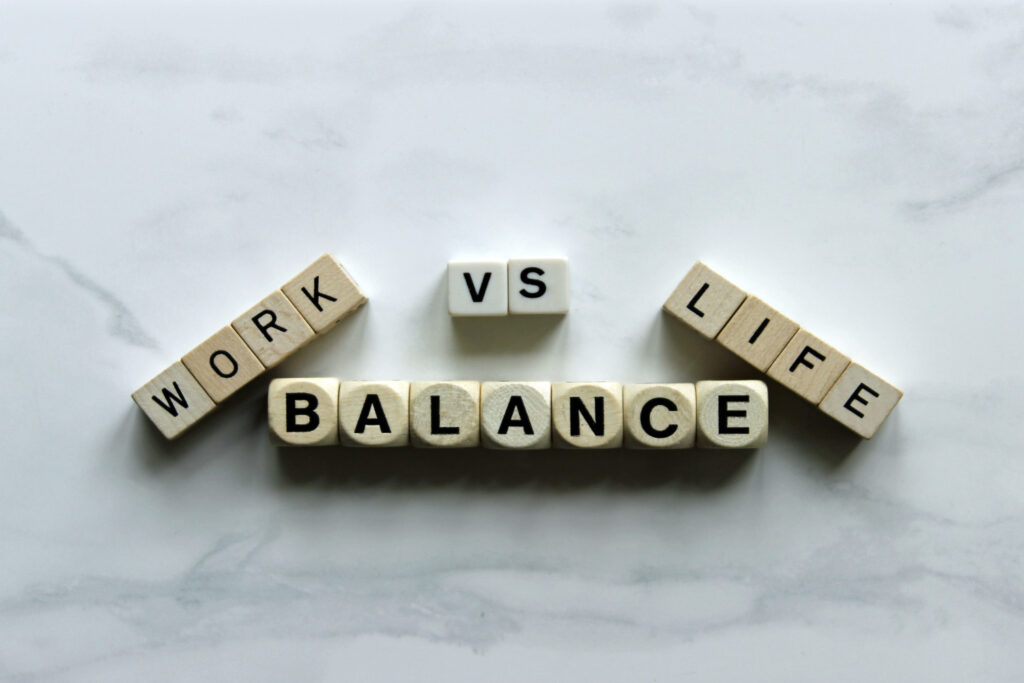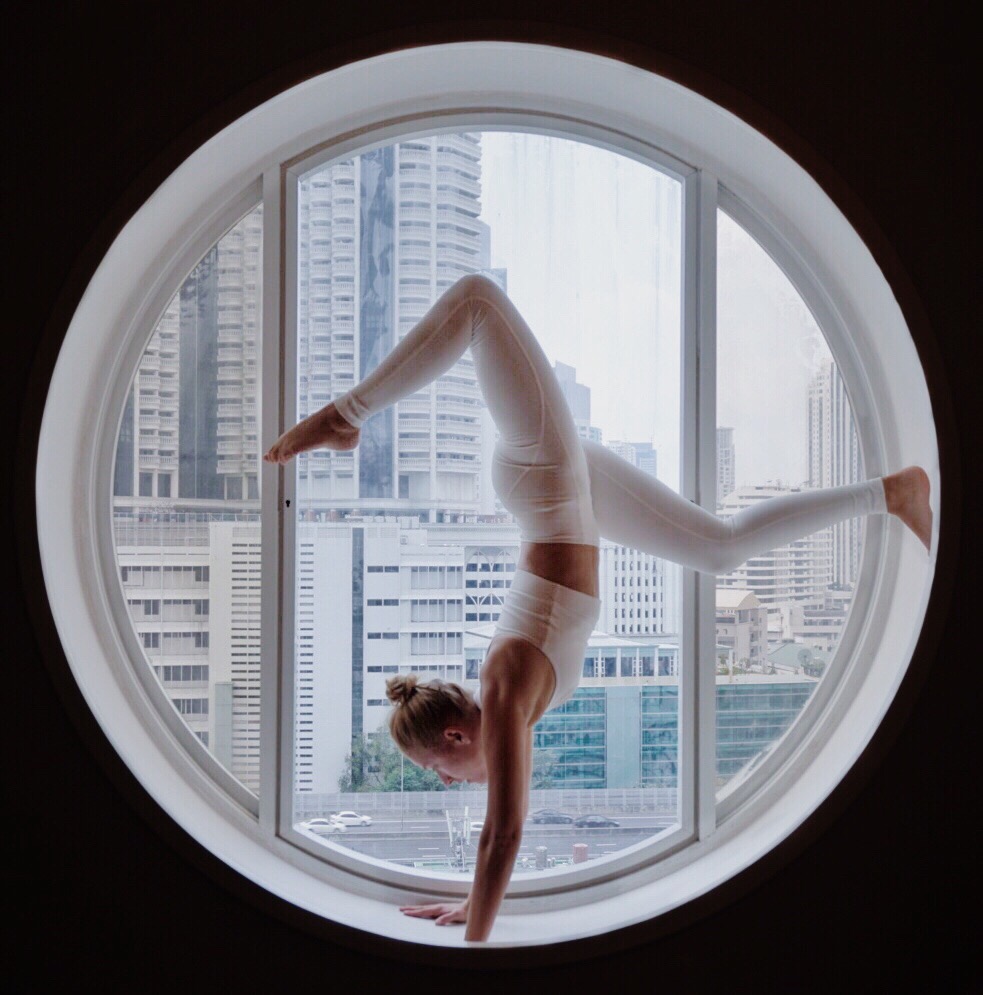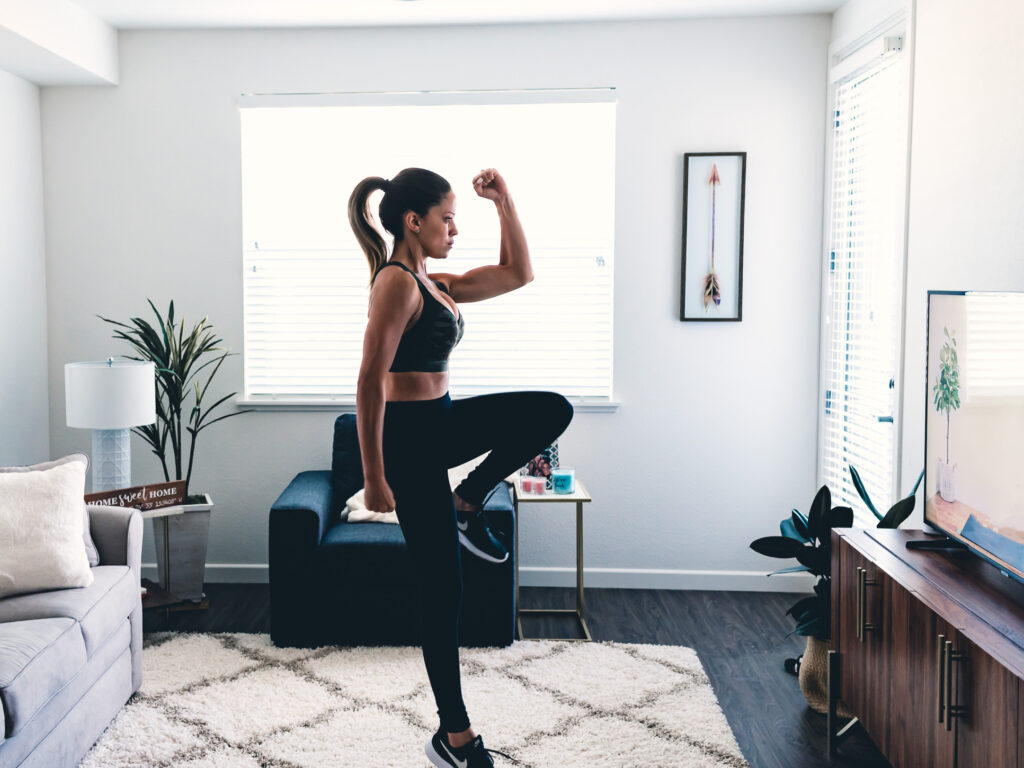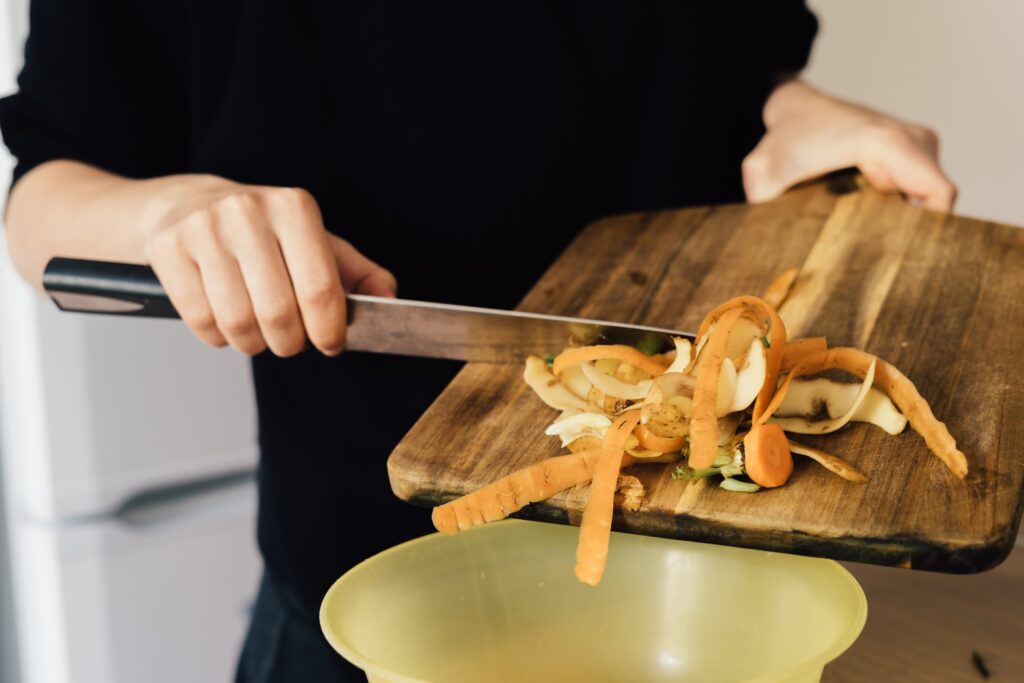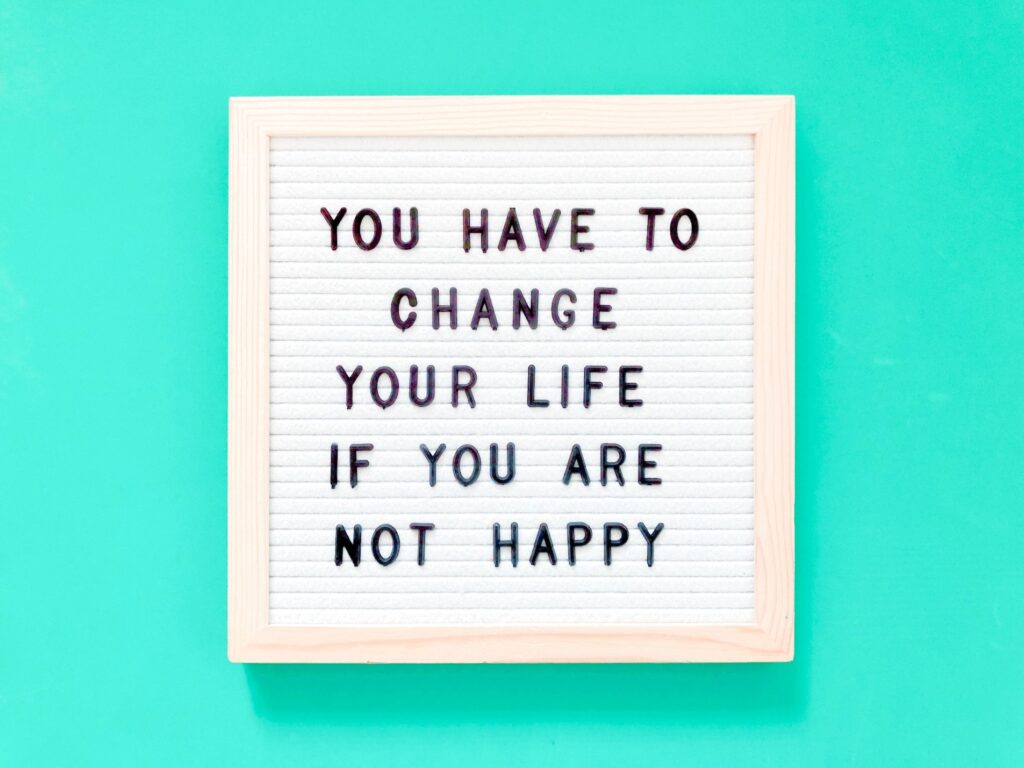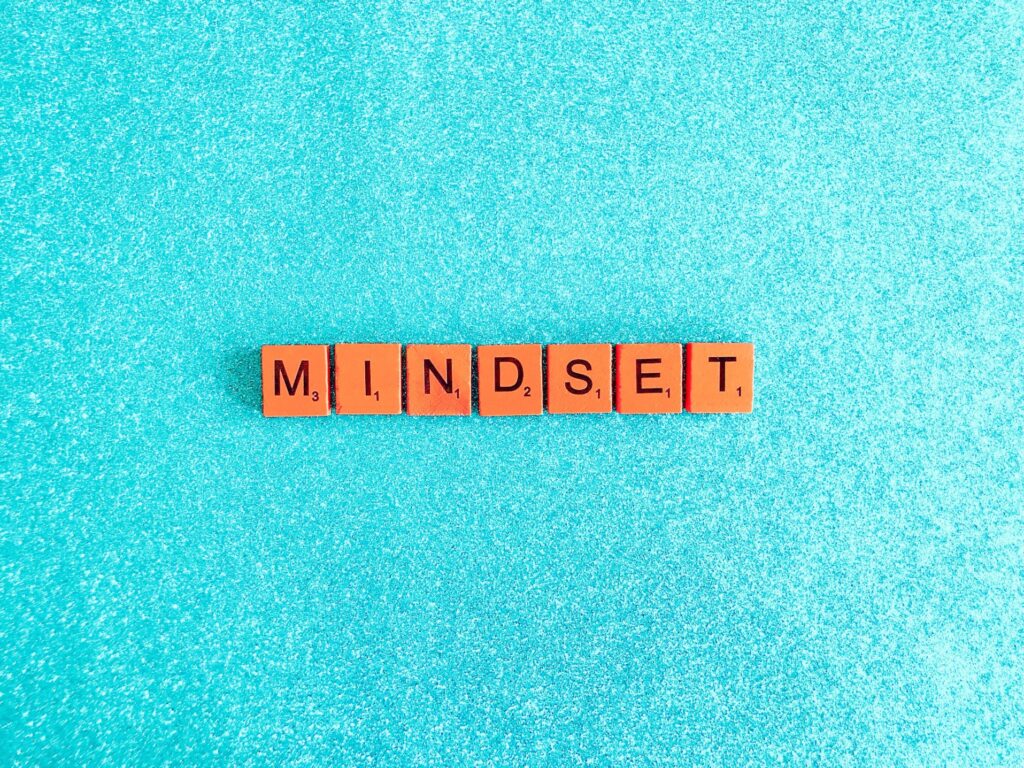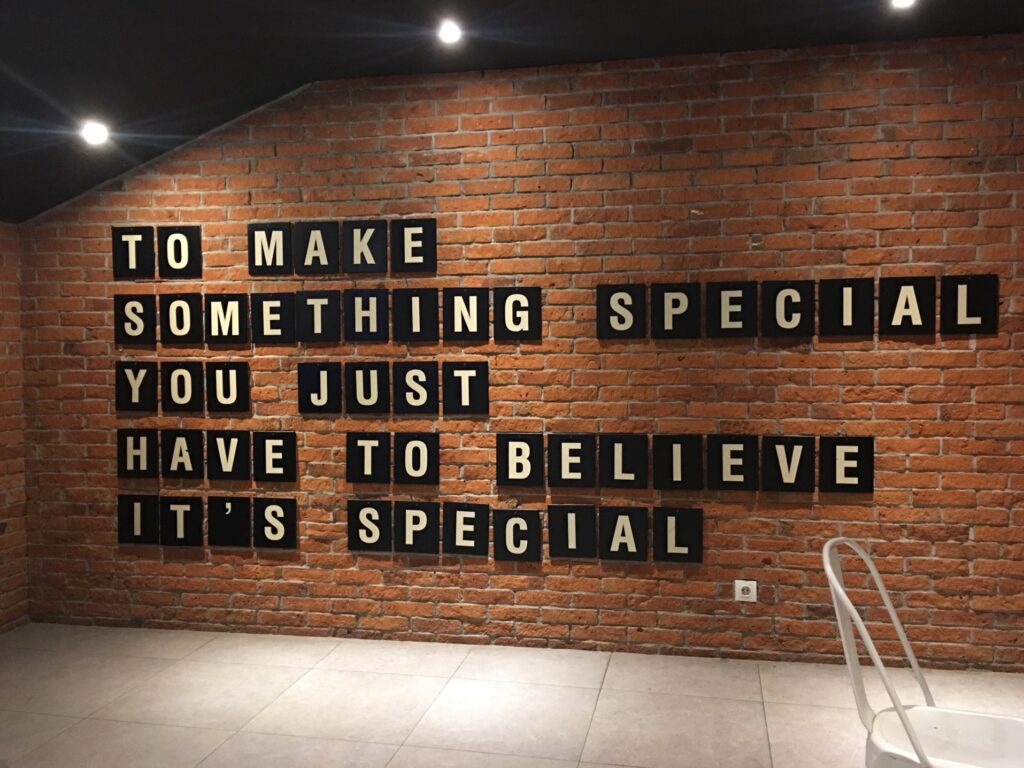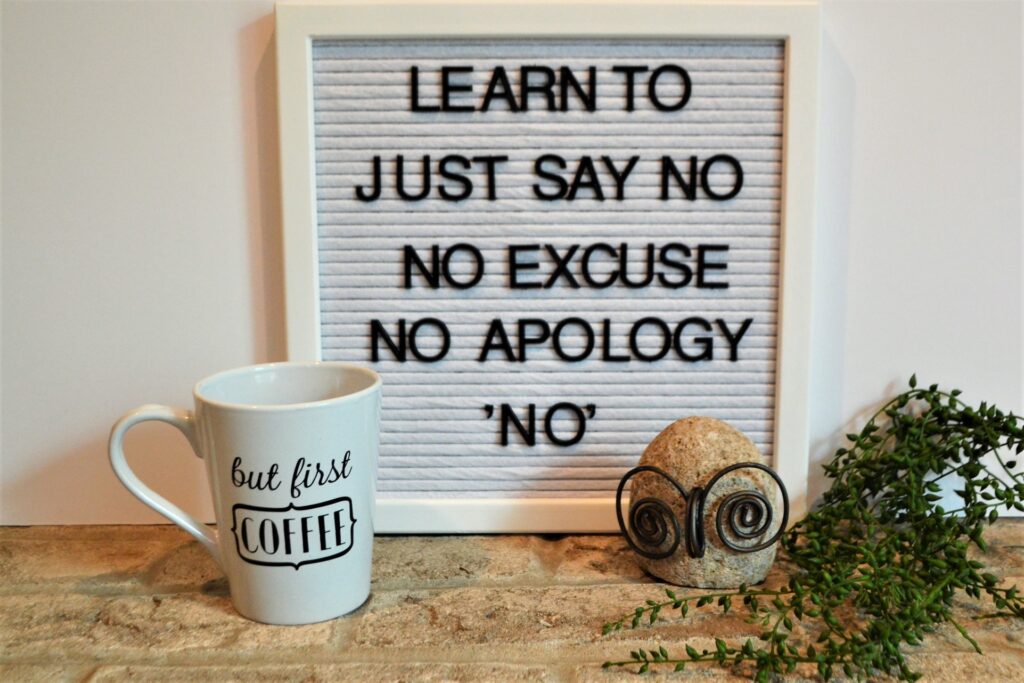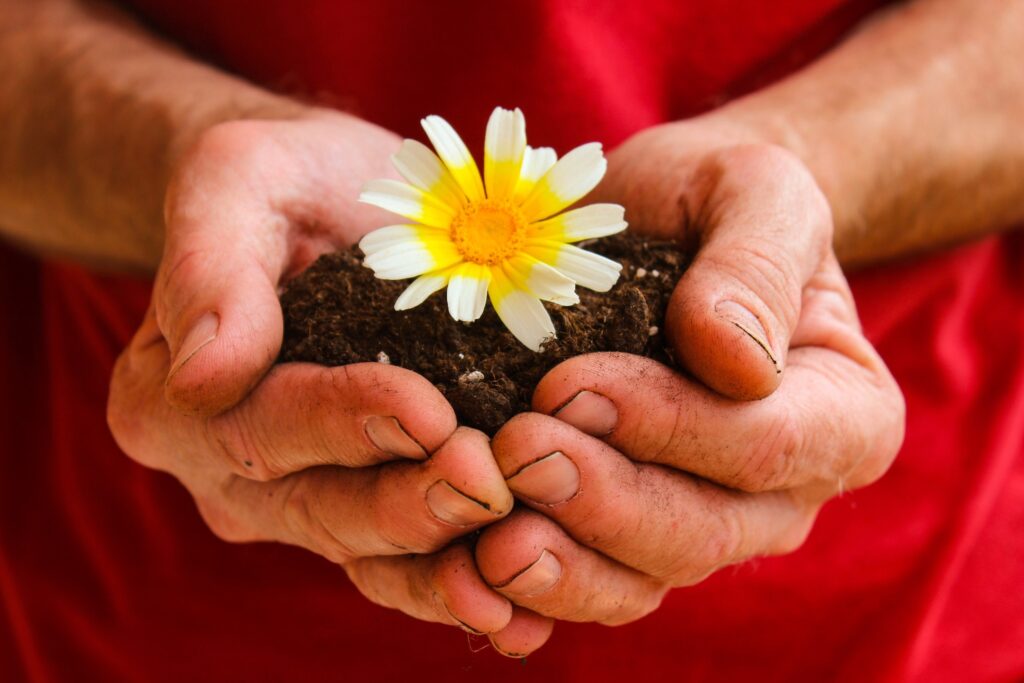Music is an indivisible part of our life as it conveys what we cannot express through words. Music is creativity in the purest form for those who compose it, medicine for relaxing the minds of those who listen to it and treat to those who play/perform it. So, the perception of music varies from one individual to another. E.g., Rock music maybe music for teenagers but might be noise for elders.
Can you imagine life without music? Do you feel happy or relaxed or slide back into the memory lane when you listen to your favorite music? Because when we listen to the music that we like, our brain releases a chemical called Dopamine, which enhances our mood and fills us with emotion. Music impacts our nervous system by stimulating the functioning of the entire brain and how we feel during the moment. When two people listen to a song together, their minds sync in rhythm and share an emotional experience.
Music is enjoyed by everyone, which is apparent in the significant events of our lives. Music is like a drug that makes us addict, and a life without music would be incomplete. It plays a vital role besides being a source of entertainment and has many benefits in our life. Some of them are as mentioned below-
Enhances Creativity
Deep inside us, we all have this burning desire to create, and music fuels creativity. It improves the mind and lets your creative and imaginative juices flow. It gives wings to the brain and helps you think differently and makes you a better problem solver.
Improves Listening & Understanding-
Music improves focus and listening skills. When people listen to a song/music, they utilize their brains to understand lyrics or the message that the musician wants to convey through music, with or without the words (instrumental).

Regulates Emotion & Improves Mood
Music evokes and amplifies emotions. Not only it helps to communicate and cope with our emotions like love, fear, loneliness, anger, that makes us feel light and relaxed, but also leads to happiness and lifts our spirit. Your mood affects your choice of music, and the choice of music, in turn, affects your mood. When we listen to an upbeat song, we dance along; and when we hear a sad song, we can feel the emotions hidden in the lyrics, which might bring tears and instantly change our mood. Therefore, one should listen to full of energy songs when they feel low.
Reduces Stress
Music clears the head and heals our hearts. We can not only reduce stress by playing a musical instrument. But listening to slow tempo music or instrumental music tends to relax our minds and act as a stress buster.
Improves Memory
Music is an excellent tool for memorization because of the repetitive elements of rhythm and melody that help our brain form patterns that enhance memory. You must have observed that it is much easier to learn a song than remember news articles you recently read since our mind enjoys music, and it retains, whatever it enjoys. E.g., A person remembers happy moments of their life for a long time because the brain enjoyed them. That is why children are taught poems in the early years of their schooling.

Connects Us With Soul
Music is as crucial to the soul; as words are to the mind. Listening to music has proved to be a therapy for our soul. It is a spirit that never dies and brings peace and abolishes conflict. It provides a sense of balance in life.
Lessens Anxiety
Sometimes, it is the music only that can take your mind off anything else. Therefore, it helps to escape a situation, diverts you from the issue that is bothering you, reduces the uneasiness, and enables you to calm down.
Improves Exercise
Most of the workouts like Aerobics, Zumba are clubbed with music as the music increases mental and physical stimulation, syncs you with the beat to keep you motivated, and entertains a person and thereby, improves overall performance.

Improves Pain
The remarkable thing about music is that when it hits you, you feel no pain. Researchers studied that patients who listened to music before or after surgery had less pain and were more satisfied than patients who did not incorporate music into their care. It also can help in pain management during childbirth.
Helps Coping with Illness
Many hospitals have started music therapy in treating patients. Listening to music helps people with Alzheimer’s recall lost memories; children with Autism Spectrum disorder show improvement in social responses, communication, and attention skills; people suffering from depression feel happy and calm.
Induces Movement in Children
When children listen to music, they respond by shaking their heads or tapping their feet or performing some actions with their hands. It develops their coordination skills.
Conversation Initiator
Music is a significant conversation initiator. One can quickly strike a conversation with someone they do not even know because everyone loves music, irrespective of the fact that we are from which culture.
Universal Language
Music is a universal language that everyone can understand and through which one can communicate across different cultures and helps in removing linguistic barriers. Music conveys emotions and intent, where language expresses words and ideas. Hence, like language, it can be passed on to generations, creating a sense of continuity.

Binds Us Together
Music is a powerful social magnet. It is a thing that people who differ on anything and everything can have in common. When you listen to music or play it with other people around you, it makes you feel connected and find each other more favorable. It does not matter where you come from; music treats everyone the same. It increases empathy, social connection, and co-operation.
Enhances Focus
The sound of music does not let you get swayed away by other people’s noises. It helps you improve your concentration on the task.
Helps in Sleep
Sometimes soothing music can be the best remedy that can help in putting you off to sleep.

Creates Ambiance
Imagine a party without music or a movie without songs. Music in the background adds to whatever you are doing, be it work out or cooking or walking in nature.
Music is a robust form of magic. It expresses the inexpressible and fills a void that we need to enrich ourselves and our lives, provide unending experiences, and enhance our skills. It keeps a fountain of joy alive in the times of sorrow and dissolves perplexities.
Music is like a magic wand, which opens the most tightly closed hearts. So, seek the right soundtrack for your life and stay tuned to it!!
